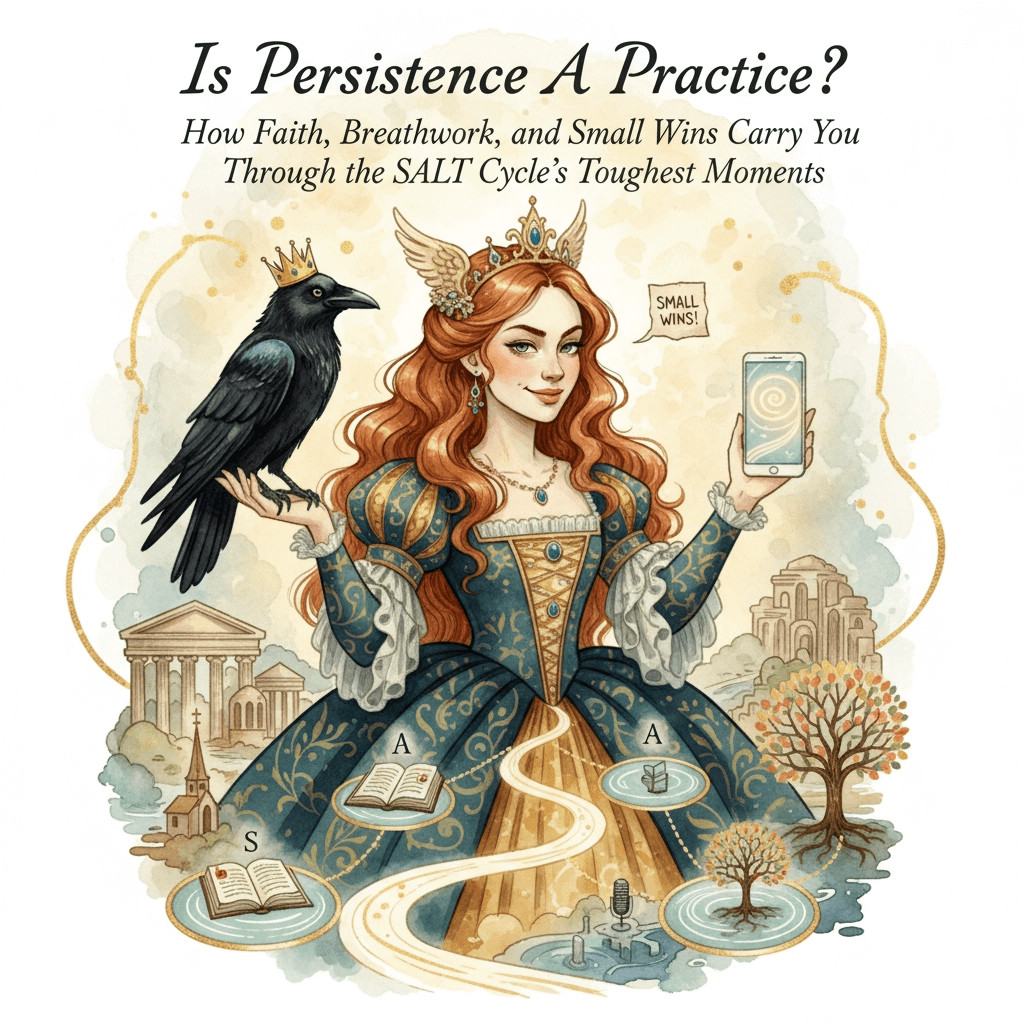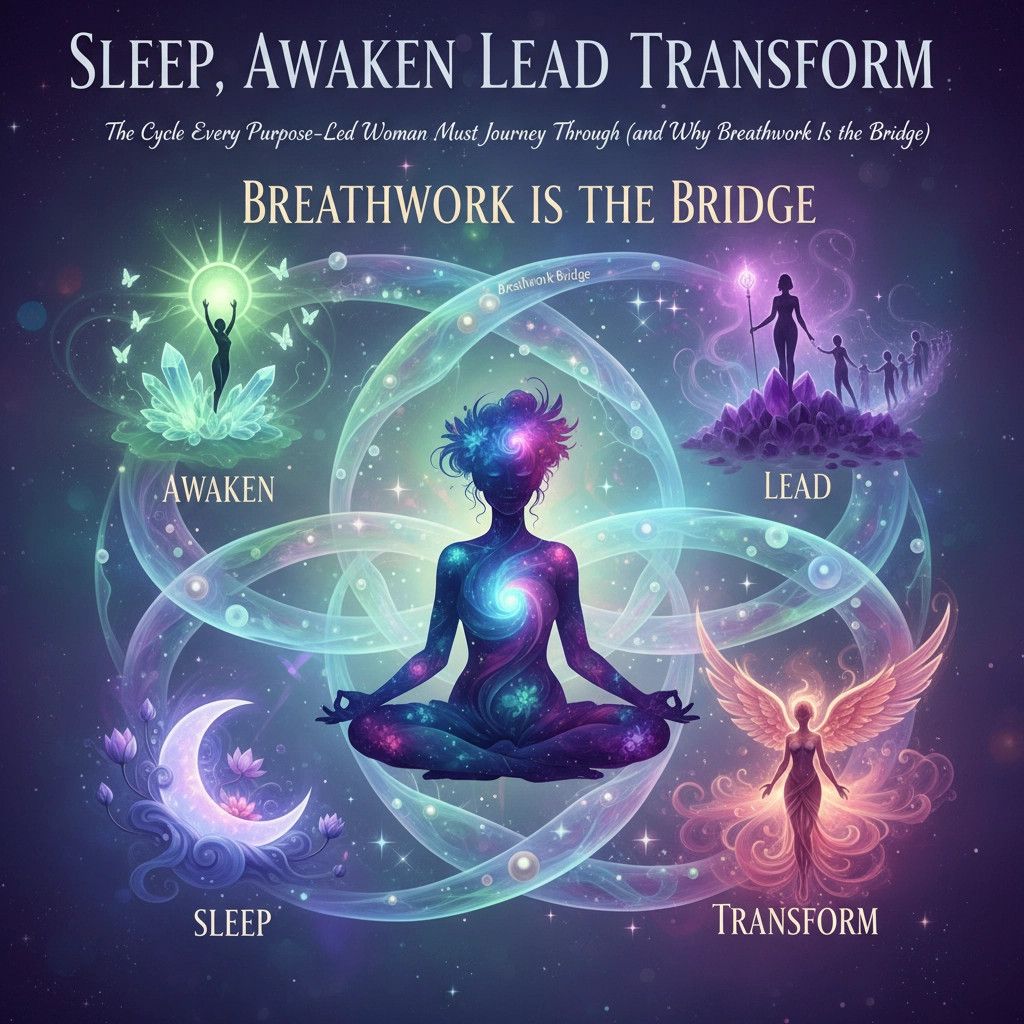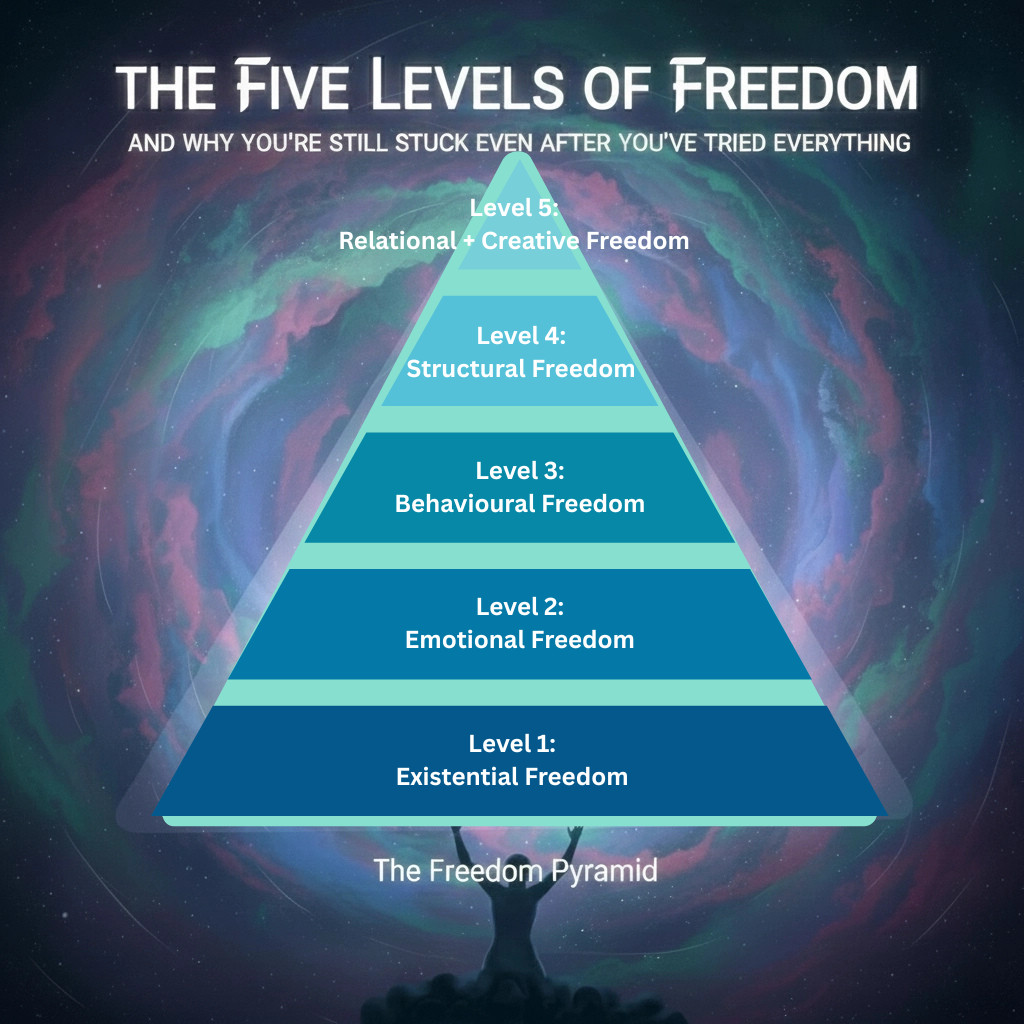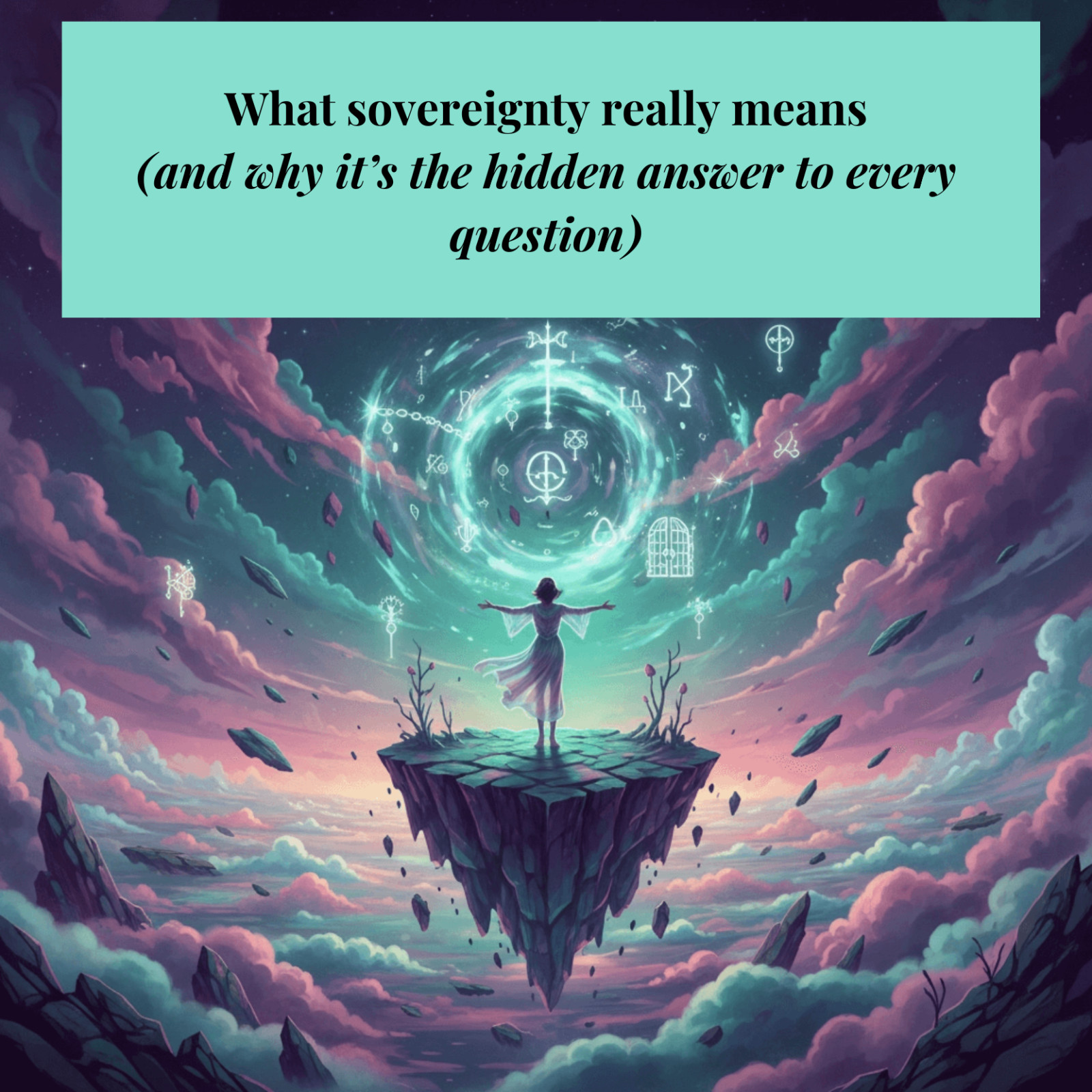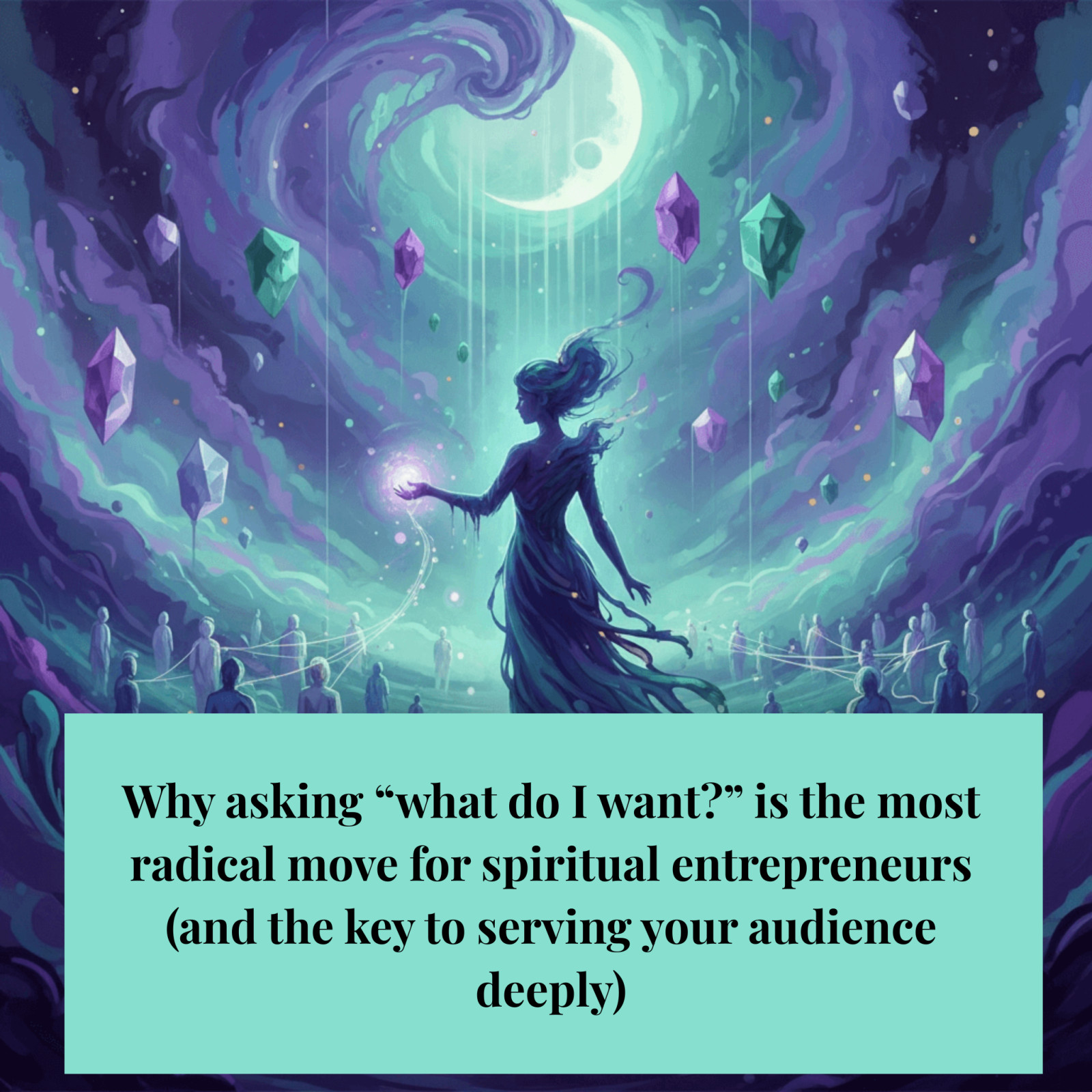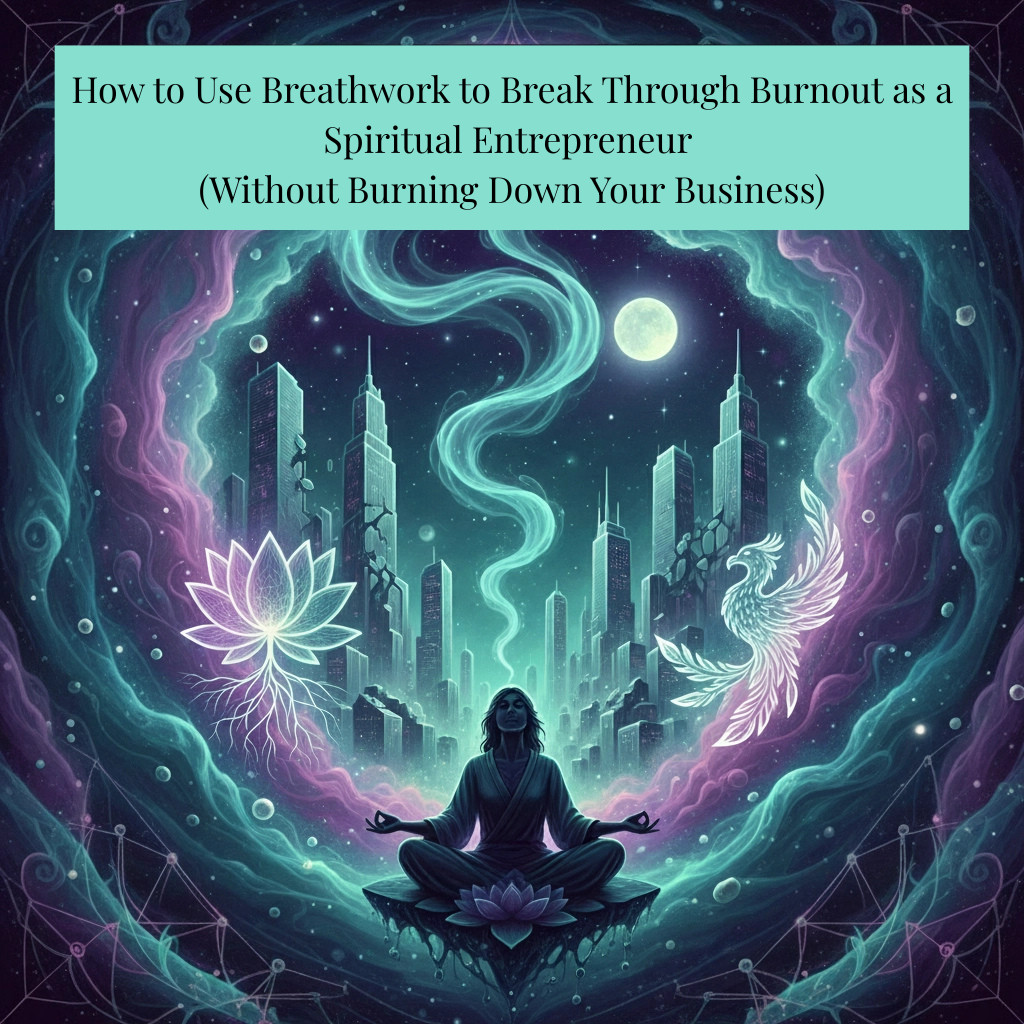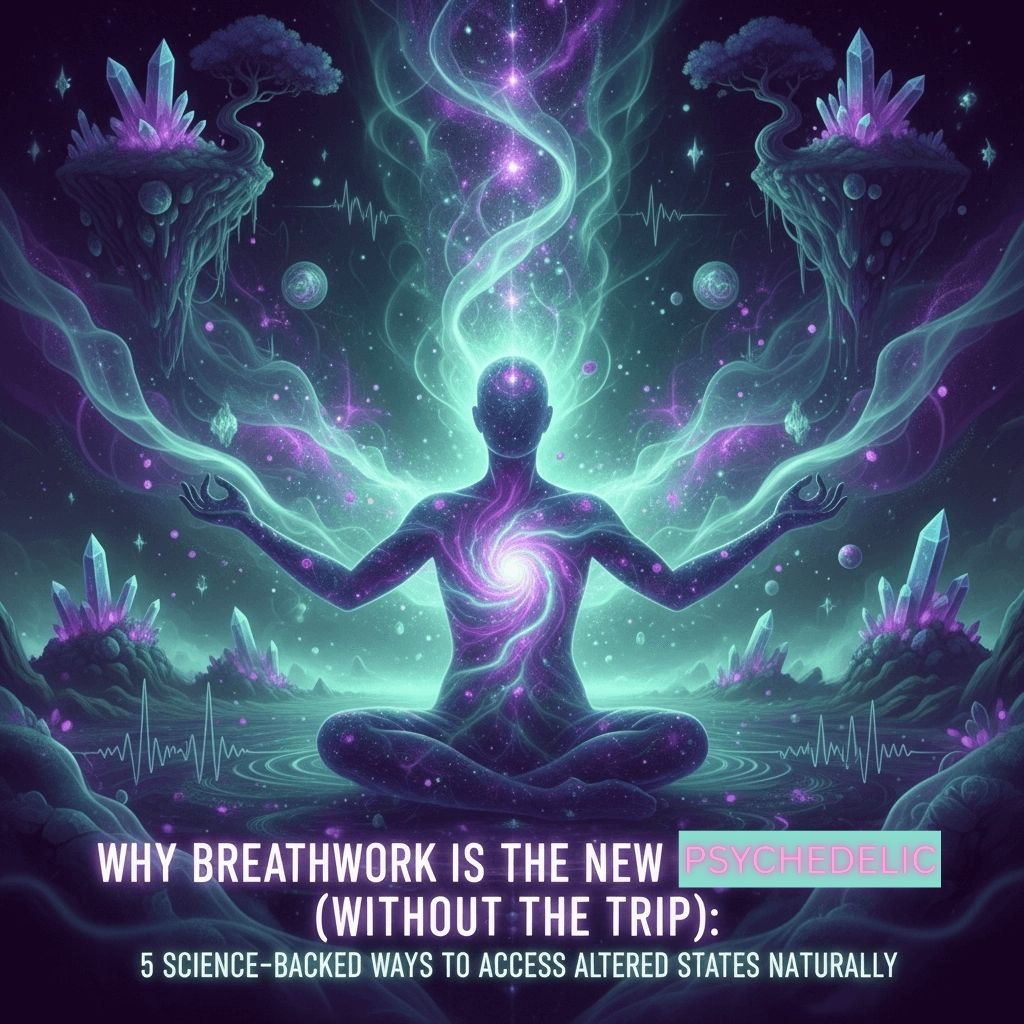Caught in a whirlwind of financial upheaval and personal turmoil, the epiphany of emotional numbness masquerading as calm becomes a turning point in unraveling the secrets of true sovereignty. The delusion of "positive vibes only" serves as a beacon of false hope, trapping individuals within cycles of self-sabotage under the guise of spiritual progress. Realizing that unacknowledged emotions weave a complex web of limiting beliefs, the journey towards authentic self-awareness and financial stability begins with embracing, not avoiding, those difficult feelings. Breathwork emerges as a powerful tool, slicing through the façade of spiritual bypassing and illuminating the path to building a business from a place of stability rather than chaos. It's a call to abandon the frailty of feigned positivity and step into the messy but rewarding realm of feeling everything as the foundation for true personal and professional growth. Ready to dive in and disrupt the patterns keeping you stuck? This transformation is just the beginning.
Read more...Delve into the paradox of burnout and fulfillment as we explore the essential practice of persistence amid the toughest moments of the SALT cycle. This insightful piece unravels the myth of perfect balance, advocating instead for a sustainable approach where small, intentional actions triumph over relentless hustle. Discover how faith, breathwork, and celebrating small victories can transform the 'space between'—that sacred, liminal stage where patience and inner trust blossom into breakthroughs. Embrace this journey where the body may tire but the heart remains buoyant, and learn why redefining persistence as a practice, rather than chasing perfection, might just be the key to realizing your deepest ambitions. Whether your path is one of entrepreneurial pursuits or personal evolution, this is a call to honor the transformative power and sacredness of persistence that nurtures each step forward.
Read more...Unlock the profound wisdom of the S.A.L.T. cycle—Sleep, Awaken, Lead, Transform—and discover how embracing these natural rhythms can revolutionize your life and leadership journey. Dive into a transformative exploration of how honoring our cyclical nature is not a setback, but rather the key to embodying true freedom and purpose. Learn why moments of rest are crucial recalibrations, how awakenings refine our truth, and why stepping into leadership is merely a bridge to deeper transformation. This insightful journey sheds light on the often-overlooked phase of The Space Between, where deep personal evolution occurs. Find out how breathwork acts as the bridge to navigate these cycles, creating a more profound connection with your true self and your purpose in the world. Are you ready to embrace the cyclical journey towards authentic transformation? Start with The Space Between and let your breath guide you to new depths of personal and professional empowerment.
Read more...Unlock the true essence of freedom with a groundbreaking perspective that transcends beyond mere strategies and routines. Discover why you're still tethered despite trying everything from positivity journals to business coaches—because the solution isn't about more effort, but deeper understanding. Journey through the five levels of freedom where existential disconnection and emotional roadblocks hold the keys to your unbounded growth. Learn how your nervous system is not just a player but the foundation for sustainable change and authentic expression. Unveil the missing link of breathwork, structural stability, and leadership sovereignty that can finally transform your long-term vision into reality. If you're ready to stop managing your limitations and start building true liberation, this exploration offers the key to a new world of possibility.
Read more...Unlock the hidden truth behind every late-night Google search and discover the essence of true freedom. Beneath our endless quests for better jobs, more clients, or improved financial situations lies a deeper yearning: the desire for sovereignty. This blog post dives into the true meaning of sovereignty, not as a concept tied to power or control, but as a state of being where we stop asking for permission to be our authentic selves. It's about redefining freedom as a natural state of existence, rather than an elusive goal tied to external achievements. Journey back to your sovereign self through nervous system regulation and embracing the radical truth that you are inherently free. If you're tired of feeling trapped and ready to build a life rooted in genuine freedom, this exploration is your starting point. Set down the strategies and start unearthing the path back to the true you – the one who moves through life authentically and unapologetically.
Read more...
